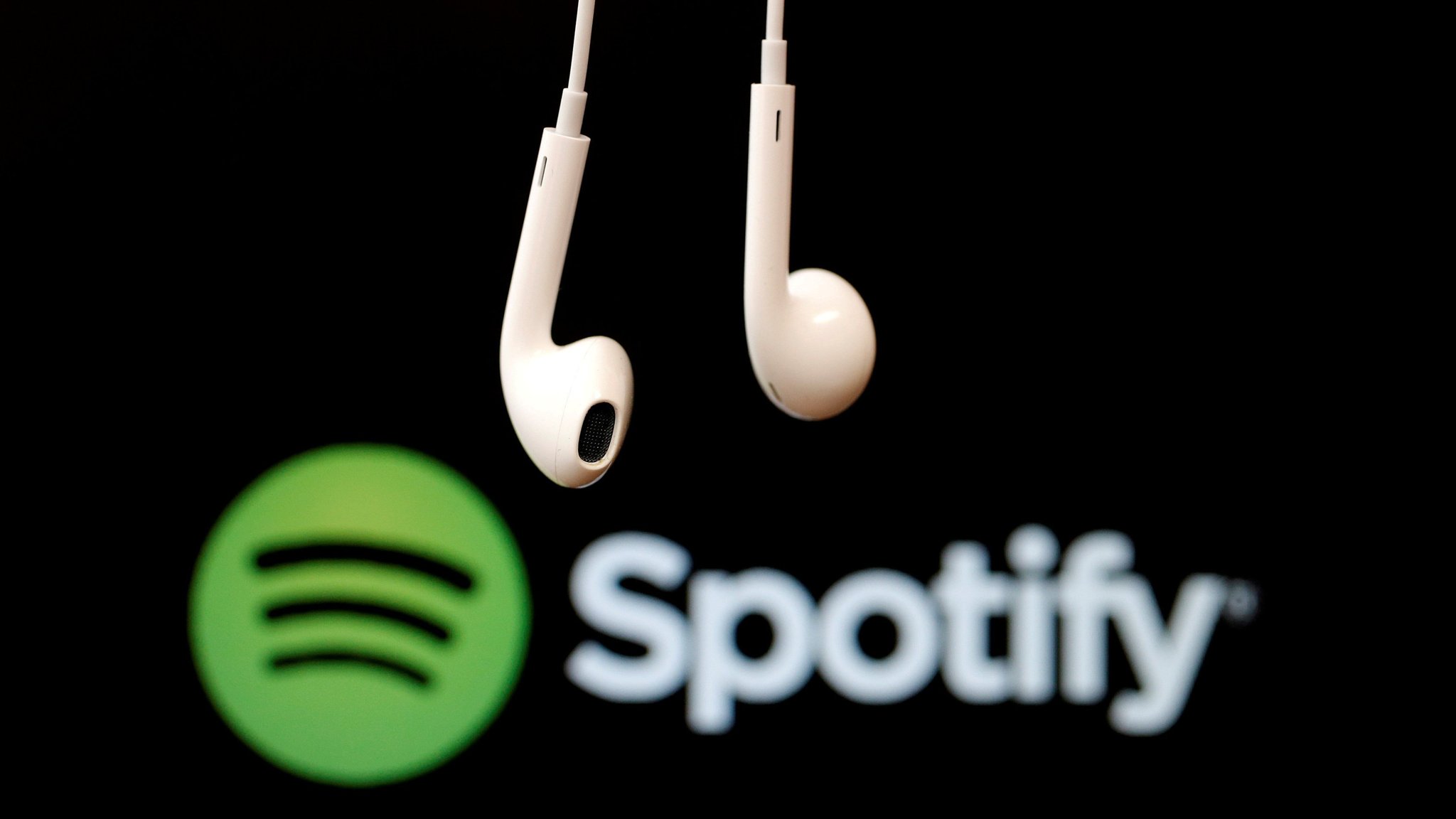Cracking on with its plan to go public, Spotify, the world’s most popular music streaming service, has filed paperwork to list its shares on the New York Stock Exchange.
The Swedish company, often lauded with helping reverse the huge losses in music revenue caused by piracy, currently boasts 140 million active users, with half of those paying a monthly subscription fee of £10. That’s leagues ahead of its nearest competitor Apple Music, who have 30 million subscribers. The company is an example of a ‘unicorn’, a private start-up company valued at over $1billion. Uber and Snap, Inc. are recent examples of such companies. Whilst it isn’t uncommon for these types of companies to go public, there is a part of Spotify’s situation that is intriguingly rare.
Usually, a company will go public via an initial public offering (IPO), where shares are sold via a roadshow to institutional investors at a premium price, before being traded at a market price to the public. A traditional IPO will feature an investment bank as an ‘underwriter’, where for a fee, they handle the process of selling the shares to investors.
What makes Spotify so peculiar, is that there will be no IPO at all. Instead, they will just appear on the stock market via a direct listing. There will be no roadshow to investors, and although Morgan Stanley and Goldman & Sachs have been consulted for advice on the process, no underwriter. Their shares will just appear on the market one day to trade, like any other stock. It will be the first to do so on the NYSE in history.

An IPO is usually a way of raising capital. However, Spotify as a company does not feel it needs to raise money, and so a direct listing is a more attractive option. By listing in this manner, Spotify will pay just $30 million in fees to investment banks, compared to the $100 million Snap, Inc. paid in underwriting fees for their IPO. Spotify’s employees and early backers will also be able to sell their shares at a market price, thereby making a profit.
However, despite its unicorn status and its popularity amongst users, Spotify may not make for such a sound investment. The company is notoriously unprofitable, despite being a music streaming giant. They have also faced criticism from multiple artists, including Taylor Swift and Radiohead’s Thom Yorke, for their system of royalty payments. Unconventionally, Spotify doesn’t pay its artists per play or download like most music platforms, such as iTunes or physical sales. Instead, artists are paid proportionally to their share of Spotify’s total song streams. Spotify pays around 70% of its total revenue to rights holders, who then pay artists based on their individual agreements. With so much of its revenues going to labels and rights holders, it is difficult to see how the company could quickly become profitable.
The streaming company has also faced criticism for its free service, which allows users to listen to music free of charge, with advertisements between songs. Taylor Swift opposed this side of the company in particular, expressing her distaste towards “the perception that music has no value and should be free”. In response, Spotify reached an agreement with the major record label Universal Music Group to allow Universal artists to limit their new album releases only to Premium subscribers for up to two weeks. Both Swift and Yorke later made their music available on streaming services, including Spotify.
In short, Spotify’s upcoming direct listing is definitely one to watch. Given the unique situation, nobody really knows for sure what is going to happen. Shares could plunge, soar, or may not even trade at all if buyers and sellers can’t agree on a market price. If the listing is successful, Spotify could pave the way for new unicorns to go public and avoid paying huge fees to bankers. However, should it go down in flames, everyone’s favourite streaming service could well be in trouble.
Charlie Harrocks
Image: [Financial Times]

